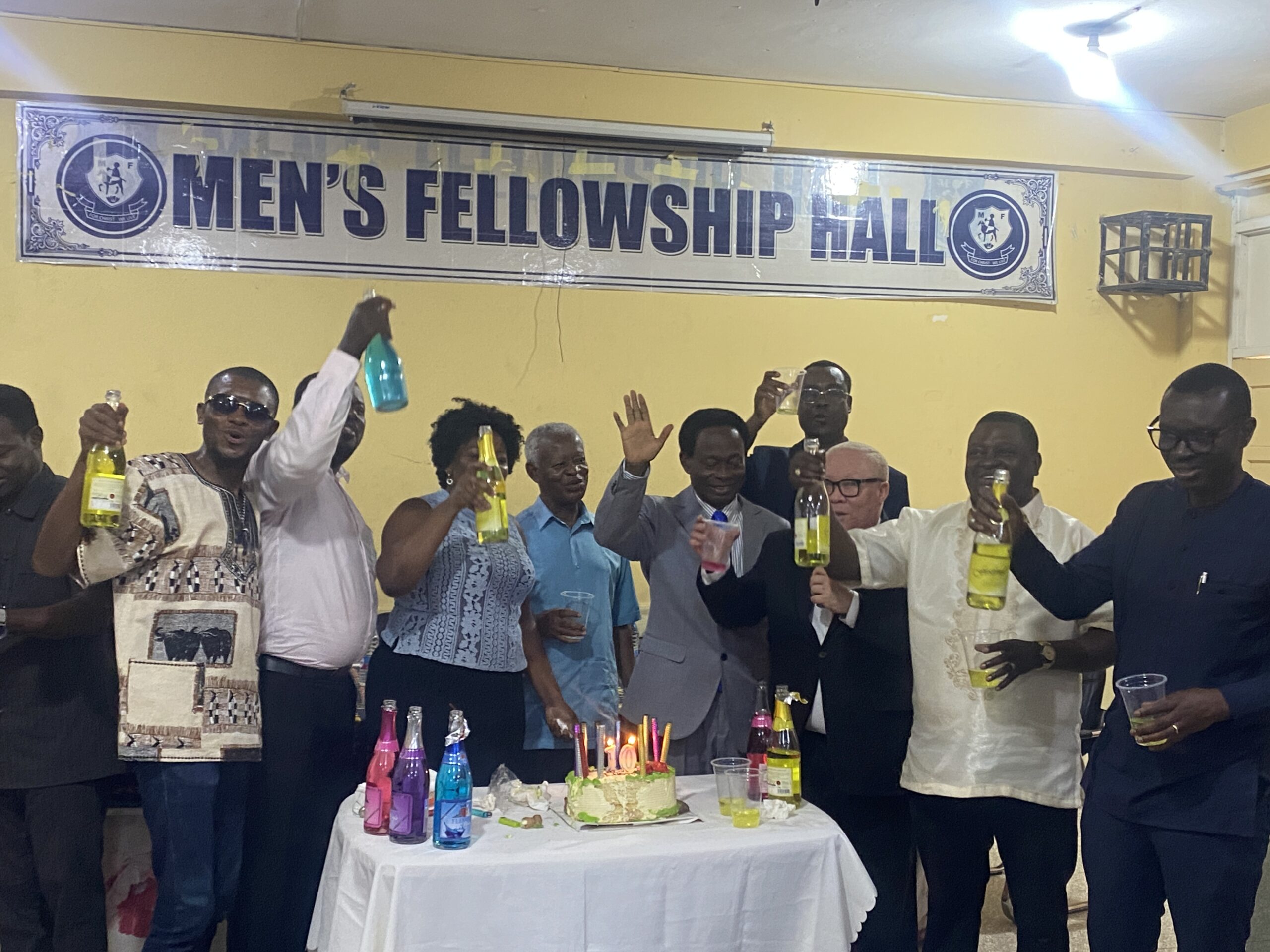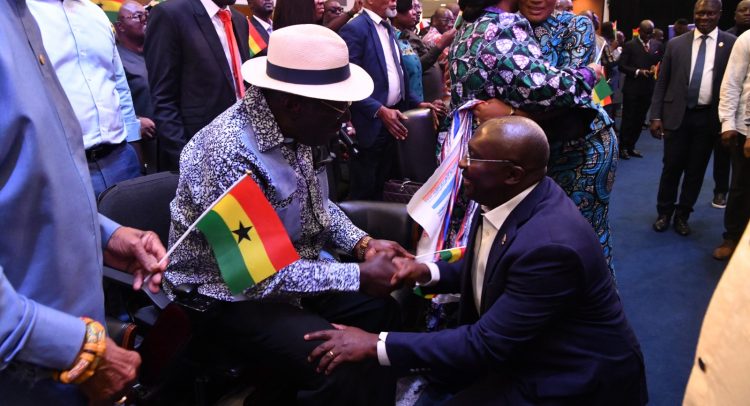

At the inaugural Marriage Governance Conference held last Tuesday, Srem Sai, a senior law lecturer at the University of Ghana, addressed some misconceptions about customary law in marriage.
He argued that contrary to popular belief, customary law offers protection to women, sometimes even more than marriage under the ordinance.
The truth about marriage under the ordinance
During his speech, Srem Sai explained that under customary law, a woman's debts automatically become her husband's responsibility. He used this point to counter the argument that customary law fails to protect women in the same way ordinance marriage does.
He further highlighted that, unlike marriages under the ordinance, customary law obligates the man to provide accommodation and financial support for his wife. These obligations are not mandatory under the ordinance.
Additionally, Srem Sai pointed out that, in the event of the husband's death, customary law mandates that his family take care of the widow, a responsibility not required under the ordinance.

He elaborated by stating, One of the incidents of marriage under customary law is that the husband is responsible for providing maintenance and accommodation for the wife, and after his death, that responsibility devolves upon his family. Consequently, the head of the family is bound to provide maintenance for the widow of a deceased member of the family during the period of the funeral.
Srem Sai also challenged the prevailing notion that customary law marriages are inferior forms of union. He asserted that customary law marriages, particularly those practised by the Akans, Ewes, and other ethnic groups, offer better protection to women than marriages under the ordinance.
He cautioned against referring to customary marriage as merely an engagement, emphasising that it is a legally recognised and accepted form of marriage in its own right.
In his capacity as a legal counsel at Praetorium Solicitors, Srem Sai's remarks aimed to clarify the legal standing and benefits of customary law in marriage, advocating for its recognition and respect alongside other forms of marital law. He also urged those people who have performed customary marriage to register their union
Read Full Story




























Facebook
Twitter
Pinterest
Instagram
Google+
YouTube
LinkedIn
RSS